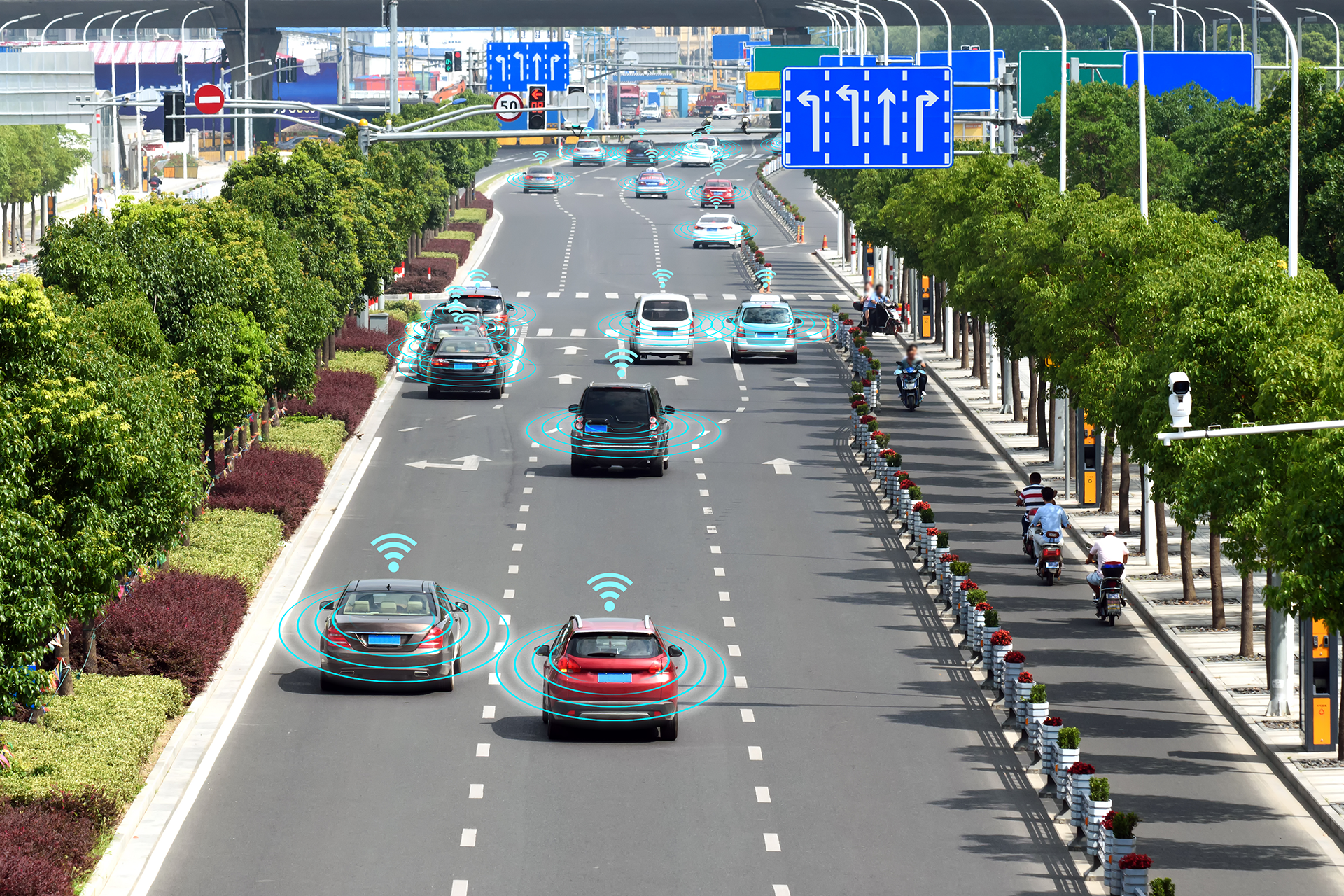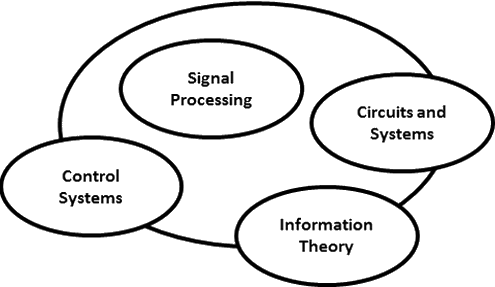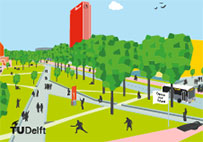Track: Signals & Systems

Degree: Master of Science Electrical Engineering, Track: Signals & Systems
Credits: 120 ECTS, 24 months
Type: Regular study programme
Mode: Full-time
Language of instruction: English
Start: September
Electronics are increasingly being integrated into everyday items and everyday life. Chips, sensors and antennas can be found in consumer electronics products (e.g. portable audio players, HDTV and DVB-H receivers) and communication devices (e.g. mobile phones, home appliances and cars), as well as in sophisticated equipment for science and industry (e.g. radar systems, control systems for robots, and medical systems).
Signals & Systems area

Relation between the subject area of Signals and Systems and the 4 most strongly connected IEEE societies
Signal analysis and processing plays an important role in these electronic systems, being crucial to the acquisition of signals and the extraction and interpretation the information that the signals are presumed to carry. Signal processing is also used to interpret the nature of physical processes based on the observation of either a signal or the manner in which the process alters the characteristics of a signal. Electrical engineers who specialise in signals and systems design and develop electronic systems over a wide range of applications. Examples include the development of medical equipment (e.g. hearing aids or MRI scanners), wireless communication systems, radar and remote-sensing systems, large antenna arrays for radio astronomy and control systems (e.g. adaptive optics or the control of swarms of satellites).
What you will learn
In the Signals and Systems Track you will be trained to develop and apply theory and algorithms in the broad field of signal processing and system design. The programme offers you the possibility to specialise more specifically in any of several particular aspects of signal processing, including multimedia signal processing, signal processing for communications, biomedical signal processing, signal processing for remote sensing and radar systems and signal processing for control systems. The programme starts by providing students with a solid foundation in statistical-digital signal processing, pattern recognition and system identification. In the second semester you will learn about parameter estimation and detection. In selecting courses and a graduation project, you can make a choice out of several specialisations.
Other students also viewed:
• Track: Telecommunications & Sensing Systems



